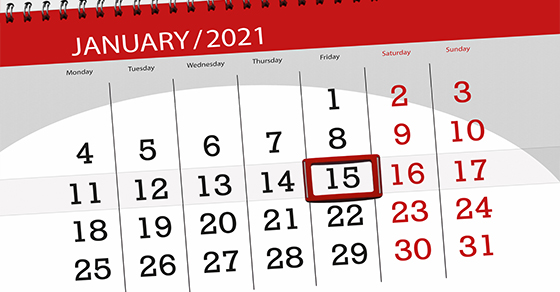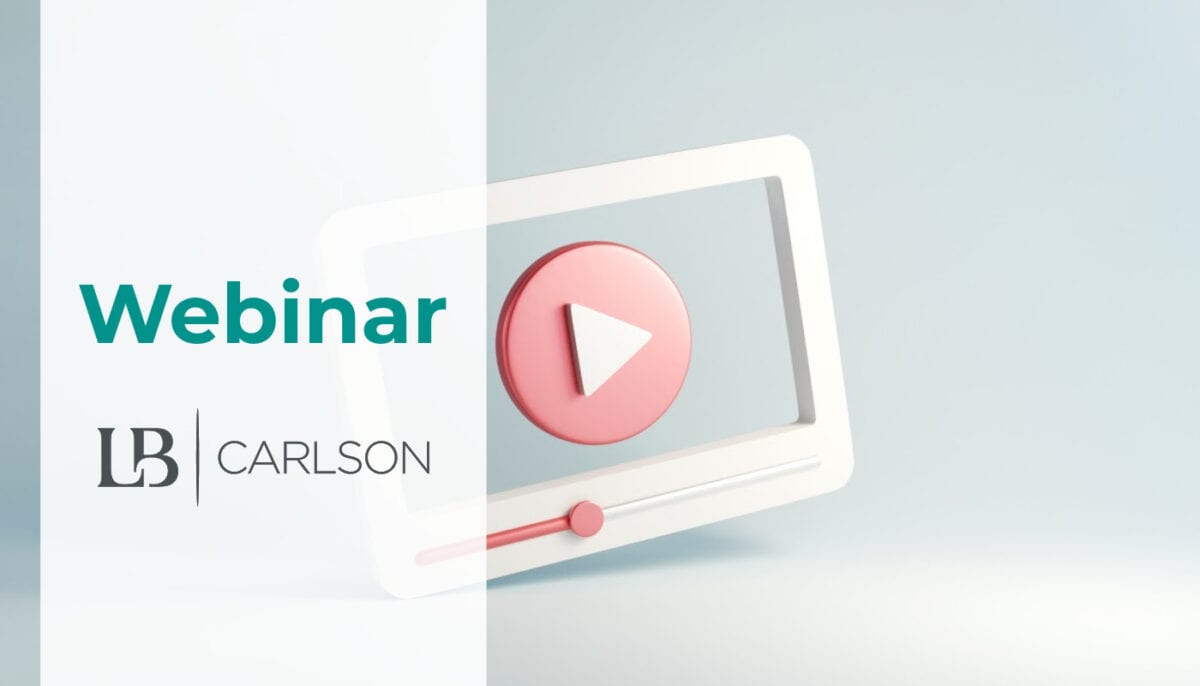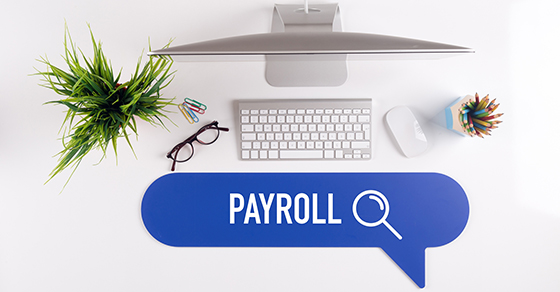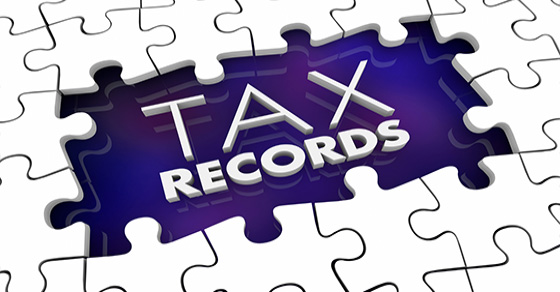The next estimated tax deadline is January 15 if you have to make a payment
If you’re self-employed and don’t have withholding from paychecks, you probably have to make estimated tax payments. These payments must be sent to the IRS on a quarterly basis. The fourth 2020 estimated tax payment deadline for individuals is Friday, January 15, 2021. Even if you do have some withholding from paychecks or payments you receive, you may still have to make estimated payments if you receive other types of income such as Social Security, prizes, rent, interest, and dividends.
Ring in the new year with a renewed focus on profitability
Some might say the end of one calendar year and the beginning of another is a formality. The linear nature of time doesn’t change, merely the numbers we use to mark it.
LB Carlson expands its SOC reporting solutions
LB Carlson, LLP has been providing Service Organization Control (SOC) reporting solutions for clients in the graphic arts, manufacturing, credit card processing and software as a service (SaaS) industries for several years.
The Consolidated Appropriations Act brings COVID-19 relief (and more) to individuals
President Trump signed into law billions of dollars in long-awaited COVID-19 and economic relief. The relief package is part of the nearly 5,600-page Consolidated Appropriations Act (CAA), which also contains numerous other tax, payroll and retirement provisions. Here are some of the provisions most likely to affect individual taxpayers.
How can your business benefit from the Consolidated Appropriations Act?
The Consolidated Appropriations Act of 2021 (CAA) was signed into law in late December. The sprawling legislation contains billions of dollars in additional stimulus funding in response to the COVID-19 pandemic, as well as numerous unrelated provisions. Let’s take a closer look at the provisions that are most likely to affect your company’s bottom line.
Congress passes second Coronavirus relief bill, includes new funding and updates to PPP
The U.S. House of Representatives and U.S. Senate have passed the Coronavirus Response & Relief Supplemental Appropriations Act, and President Trump is expected to sign the bill immediately. The agreement comes after weeks of negotiations and two funding extensions to keep Congress open until a bill was passed with a $1.4 trillion government-wide funding plan. The $900 billion coronavirus relief portion includes another round of Paycheck Protection Program (PPP) funding, extended unemployment benefits, and direct payments to taxpayers. Here’s an overview of the key provisions in the bill.
Steer clear of the wash sale rule if you’re selling stock by year end
Are you thinking about selling stock shares at a loss to offset gains that you’ve realized during 2020? If so, it’s important not to run afoul of the “wash sale” rule.
Family business owners must weave together succession and estate planning
It’s been estimated that there are roughly 5 million family-owned businesses in the United States. Annually, these companies make substantial contributions to both employment figures and the gross domestic product. If you own a family business, one important issue to address is how to best weave together your succession plan with your estate plan.
Tell Congress to allow PPP expense deductions for small businesses
Unless Congress acts soon, many small businesses may be hit with an unexpected tax bill related to PPP loans. Join us in supporting the AICPA’s efforts to push for deductibility of PPP-funded expenses! Take action by writing to your Congressman to request PPP expense deductions be allowed. To make it easy, the AICPA has drafted an email that you can use.
PPP Loan Forgiveness Webinar
This webinar addresses the latest changes to the PPP loan forgiveness program, the various applications available, and the process for completion and submission. The information provided in this presentation is current as of November 19, 2020. It is intended for general informational purposes only. Consult with your financial advisor about your specific situation.
Update on Taxation of Payroll Protection Program (PPP) Loan Forgiveness
On Nov. 18, 2020, the Internal Revenue Service released additional guidance regarding the deductibility of expenses paid using proceeds from a PPP loan. The new guidance states that if a taxpayer received a PPP loan and paid or incurred usually deductible expenses with the loan proceeds, those expenses are not deductible if the taxpayer has a reasonable expectation that they will receive forgiveness. The expenses paid for with PPP loan proceeds are not deductible in the year paid even if forgiveness has not been achieved or applied for by the end of the taxable year. In other words, the expenses are not deductible on taxpayers’ income tax returns that include the covered period. The covered period is either the 8- or 24-week period you elected to spend the loan proceeds.
Now more than ever, carefully track payroll records
The subject of payroll has been top-of-mind for business owners this year. The COVID-19 pandemic triggered economic changes that caused considerable fluctuations in the size of many companies’ workforces. Employees have been laid off, furloughed and, in some cases, rehired. There has also been crisis relief for eligible businesses in the form of the Paycheck Protection Program and the payroll tax credit. Payroll recordkeeping was important in the “old normal,” but it’s even more important now as businesses continue to navigate their way through a slowly recovering economy and ongoing public health crisis.
What tax records can you throw away?
October 15 is the deadline for individual taxpayers who extended their 2019 tax returns. (The original April 15 filing deadline was extended this year to July 15 due to the COVID-19 pandemic.) If you’re finally done filing last year’s return, you might wonder: Which tax records can you toss once you’re done? Now is a good time to go through old tax records and see what you can discard.
Reviewing your disaster plan in a tumultuous year
It’s been a year like no other. The sudden impact of the COVID-19 pandemic in March forced every business owner — ready or not — to execute his or her disaster response plan.
Why it’s important to plan for income taxes as part of your estate plan
As a result of the current estate tax exemption amount ($11.58 million in 2020), many estates no longer need to be concerned with federal estate tax. Before 2011, a much smaller amount resulted in estate plans attempting to avoid it. Now, because many estates won’t be subject to estate tax, more planning can be devoted to saving income taxes for your heirs.
















